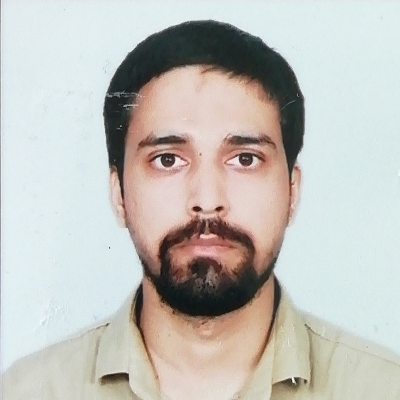Bioengineering
Homework Help & Tutoring
We offer an array of different online Bioengineering tutors, all of whom are advanced in their fields and highly qualified to instruct you.
Bioengineering
The field of bioengineering, also known as biological engineering or biomedical engineering, is concerned with biological or medical applications of engineering principles and equipment. Recent developments such as prosthetics, and molecular and cellular engineering equipment, indicate the potential of bioengineering in medical applications. In 2011, the Bureau of Labor Statistics identified biomedical engineering as the fastest growing occupation in the US.
Bioengineering professionals are expected to have a basic knowledge of electrical and mechanical engineering, computer science, materials, chemistry, and biology. Typical primary objectives of bioengineering include analyzing existing biological systems, manipulating biosystems for better functionality, and designing and fabricating new biological systems. Secondary objectives include the discovery of new engineering principles by analyzing the principles of existing biological systems.
Biomedical engineering has a lot of scope for specialization in a chosen biological engineering domain. Typical areas of specialization include ‘bioinstrumentation’, which consists of using electronics, computer science, and measurement principles to develop devices used in the diagnosis and treatment of diseases. ‘Biomechanics’ is the application of classical and modern principles of mechanics to study and solve problems in biological systems. ‘Clinical engineering’ is concerned with the application of the principles of medical technology to optimize health care delivery. ‘Biomaterials’ studies and develops the materials used in medical applications - both natural and synthetic. ‘Rehabilitation engineering’ is concerned with using engineering and computer science to design and apply devices to rehabilitate patients suffering from physical and cognitive impairments. ‘Systems physiology’ is concerned with the application of engineering tools to understand the behavior and dynamics of living organisms. Other courses such as biomedical information storage and retrieval principles, and medical science and technology development are part of the biomedical engineering syllabus at most universities.
Cutting edge developments in biological systems such as cardiovascular engineering, molecular imaging, cancer bioengineering, cellular/molecular bioengineering, systems biology and computational bioengineering have been highly successful due to advancements in biomedical engineering. Much research is also taking place in biophotonics, neural engineering and rehabilitation streams of biomedical engineering. Superior quality patient care is the ultimate objective of biomedical engineering.
Developments such as prosthetics, surgical devices, and systems using laser or robotic surgeries are some recent advances resulting from developments in biomedical engineering. Computer modeling of physiological systems like blood pressure control, renal function control, visual and auditory nervous circuit control have all contributed to patient diagnosis and treatment.
Forrest Bird, John Charnley, Graeme Clarke, Philip Drinker, Willern Einthoven, Wilson Greatbatch, Charles Hufnagel, Robert Jarvik, Willern Johan Kolff, Rene Laennec, Michael Mirowski, Wilhelm Roentgen et al can be considered pioneers in biomedical engineering development. JBSBE, IJBET, BE, JOBSBE, BME, BMES are all journals with in-depth articles covering biomedical engineering.
To fulfill our tutoring mission of online education, our college homework help and online tutoring centers are standing by 24/7, ready to assist college students who need homework help with all aspects of bioengineering. Our engineering tutors can help with all your projects, large or small, and we challenge you to find better online bioengineering tutoring anywhere.
College Bioengineering Homework Help
Since we have tutors in all Bioengineering related topics, we can provide a range of different services. Our online Bioengineering tutors will:
- Provide specific insight for homework assignments.
- Review broad conceptual ideas and chapters.
- Simplify complex topics into digestible pieces of information.
- Answer any Bioengineering related questions.
- Tailor instruction to fit your style of learning.
With these capabilities, our college Bioengineering tutors will give you the tools you need to gain a comprehensive knowledge of Bioengineering you can use in future courses.
24HourAnswers Online Bioengineering Tutors
Our tutors are just as dedicated to your success in class as you are, so they are available around the clock to assist you with questions, homework, exam preparation and any Bioengineering related assignments you need extra help completing.
In addition to gaining access to highly qualified tutors, you'll also strengthen your confidence level in the classroom when you work with us. This newfound confidence will allow you to apply your Bioengineering knowledge in future courses and keep your education progressing smoothly.
Because our college Bioengineering tutors are fully remote, seeking their help is easy. Rather than spend valuable time trying to find a local Bioengineering tutor you can trust, just call on our tutors whenever you need them without any conflicting schedules getting in the way.






